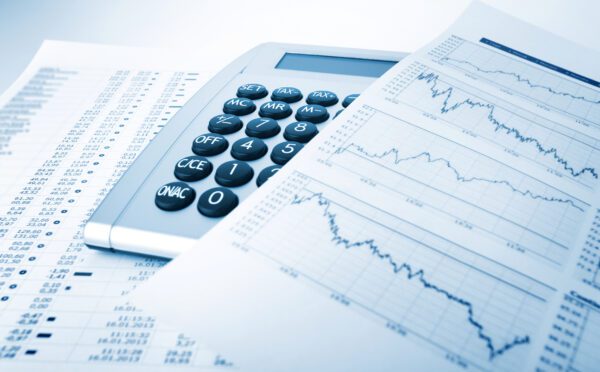Author
Partner, Tax, Toronto
On June 27, 2018, the Department of Finance released new GST/HST rules for carbon emission allowances (the New Rules). The definition of “emission allowance” in the rules is broad and should cover most carbon emission allowances, including those traded in cap-and-trade systems.
The initial supply of emission allowances by a Canadian government entity, such as the Province of Québec or Ontario, was generally, and will generally remain exempt from GST/HST. However, supplies of emission allowances in secondary markets were generally considered taxable. Under the New Rules, supplies of carbon emission allowances are still generally taxable, however these supplies will now be treated similar to the rules for commercial real property. Specifically, effective June 27, 2018, vendors do not have to collect and remit GST/HST on supplies of carbon emission allowances regardless of whether the purchaser is resident in Canada or registered for GST/HST. Rather, Canadian resident and/or GST-registered purchasers will generally now have to self-assess GST/HST on their purchases of emission allowances. Purchasers who are registered for GST/HST, and are acquiring the emission allowance for use or supply primarily in the course of their commercial activities, will generally be able to claim an offsetting input tax credit for the GST/HST self-assessed.
It should be noted that the New Rules have some retroactive effect. In particular, the New Rules apply for supplies of emission allowances made before the June 27 announcement date, if GST/HST has not yet been collected by the vendor. Where GST/HST was payable but not collected before today (e.g., an invoice was issued but has not yet been paid), purchasers must self-assess the GST/HST payable in the reporting period that includes today. For supplies where the tax is not yet payable, purchasers must self-assess in the reporting period that covers the date that the tax becomes payable. In other words, vendors will generally not be required to collect and remit GST/HST on supplies of emission allowances made before June 27, 2018, so long as the GST/HST has not yet been collected. If GST/HST was charged and remitted by the vendor, but has not yet been collected from the purchaser, vendors should consider issuing purchasers a credit note under section 232 of the Excise Tax Act (the Act) for the tax that was charged but not collected.
The New Rules generally appear to be well-drafted. One potential issue with the New Rules is that the self-assessment mechanism is only available for tax payable under Division II of the Act (i.e. tax payable on supplies made in Canada). Where the vendor is an unregistered non-resident, the supply of emission allowances would be deemed to be made outside of Canada, such that tax under Division IV of the Act (self-assessed on imported taxable supplies) would apply rather than tax under Division II of the Act. Under Division IV, a GST-registered purchaser acquiring emission allowance from an unregistered non-resident of Canada would not have to self-assess any GST/HST so long as the emission allowances were acquired for use exclusively in their commercial activities. This puts registered buyers that are engaged exclusively in commercial activities in the somewhat awkward position of having to determine whether the vendor of the emission allowances was registered for GST/HST in order to determine whether or not they are required to self-assess GST/HST. As purchasers may not always know who the exact vendor of the emission allowances is, this could prove to be difficult information to obtain. This concern has been raised with the Department of Finance, which we hope will revise the New Rules to deal with this issue. In the meantime, for GST/HST-registered purchasers who are engaged exclusively in commercial activities, the conservative approach will likely be to self-assess and claim an offsetting input tax credit on all purchases of emission allowances.
The Québec Department of Finance also released Information Bulletin 2018-5 on June 27, 2018, by which it announced that amendments will be made to the Québec tax system to incorporate all technical changes related to sales of carbon emission allowances introduced by the Department of Finance discussed above. In addition, the Québec Department of Finance has clarified that the sales of carbon emission allowances by non-residents will be excluded from the new specified registration system discussed in our recent Osler Update (i.e., the “Netflix Tax”).

